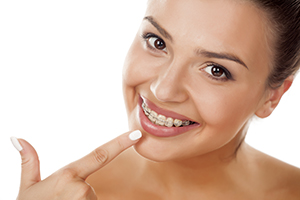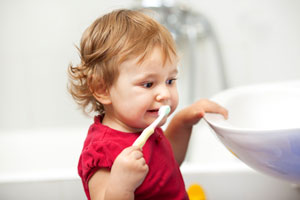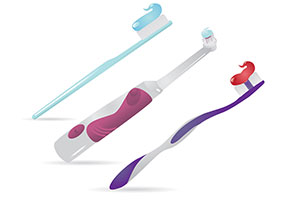
When you get braces for your child, you are investing in their future. It is important that you and child understand how to properly care for teeth with braces to protect that investment in your child’s smile. Let’s look at 5 tips to caring for teeth that have braces.
Flossing
Flossing with braces does take a little more time, but flossing is incredibly important for the long term health of teeth and gums, so it should not be overlooked. Follow these steps to achieve great dental health:
- Slide the floss up under the wire.
- Gently work the floss into the gum line on either side of the tooth.
- Repeat for each tooth.
- Down from the top and then
- Up from the bottom
- Insert down from the top of the wire, between two brackets.
- Brush several times before moving on.
- Insert from under the wire and repeat.
- Repeat the brushing and proxabrush regimen after every meal.
- Tough foods like apples, bagels, corn on the cob, or not so tender pieces of meat.
- Chewy foods, like taffy or caramel
- Hard food like pretzels, popcorn, nuts, carrots, ice (chewing)
- Gum
With a little practice, flossing with braces will get faster and easier.
Brushing
When we brush without braces, we usually use a combination of up down and back and forth to clean the whole tooth. With braces, we should maintain an up down motion:
This helps work the bristles under the wire. Next, use your proxabrush or “Christmas tree” brush, so named because it is shaped like a pine tree, to clean under the wires.
Food
While wearing braces, avoid:
These foods can get lodged in your child’s braces and even break brackets and snap wires.
Playing Sports
If your child loves sports, don’t let braces sideline their activities. The best safeguard is to purchase a mouth guard specifically designed for braces. You’ll avoid serious injury if your child is hit in the mouth.
If you would like to know more, contact Dr. Jon D. Smith.He has earned a reputation as being one of the premier cosmetic and restorative dentists in Lexington, SC. His commitment to excellence and friendly, personal character makes patients feel comfortable and confident in the care they receive.










